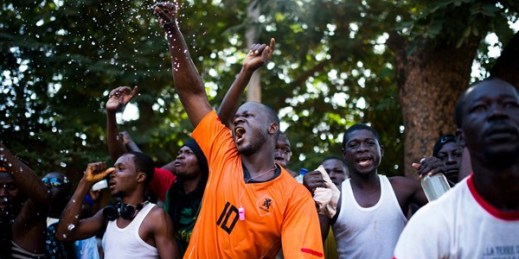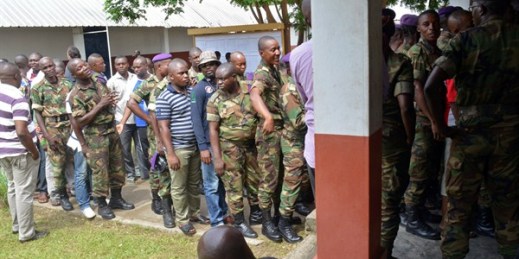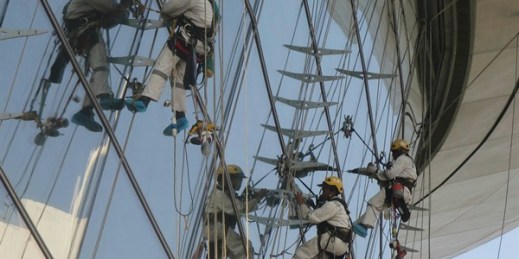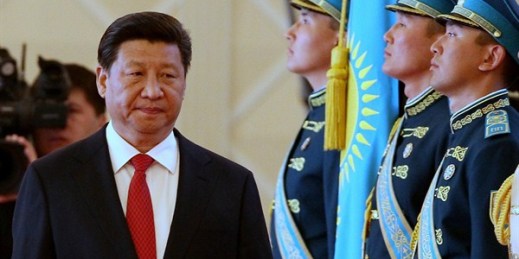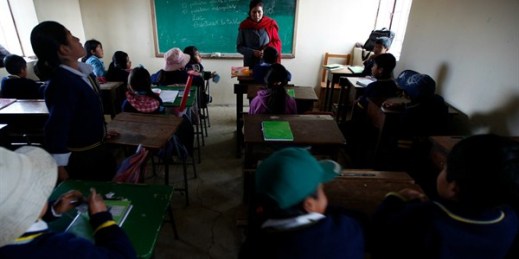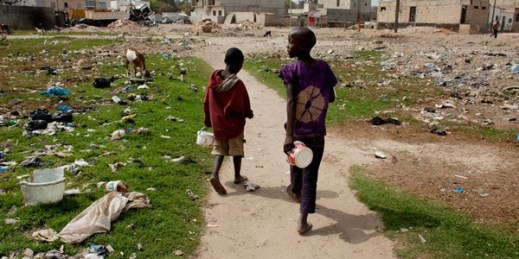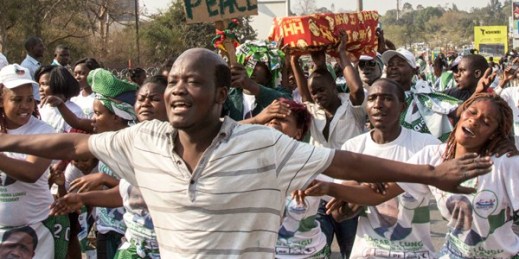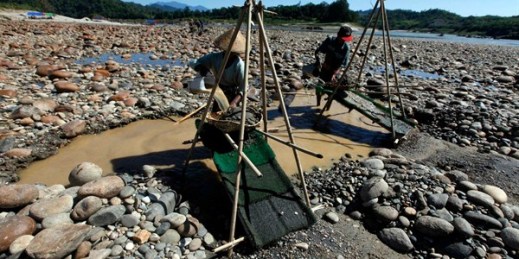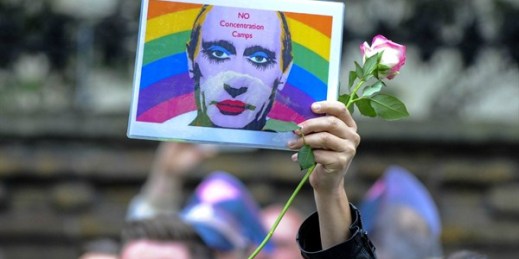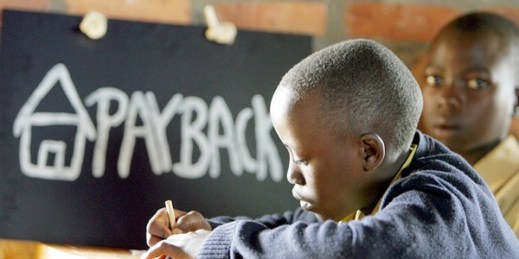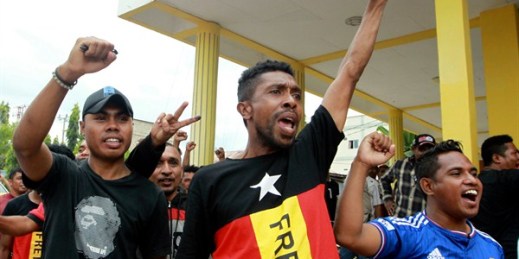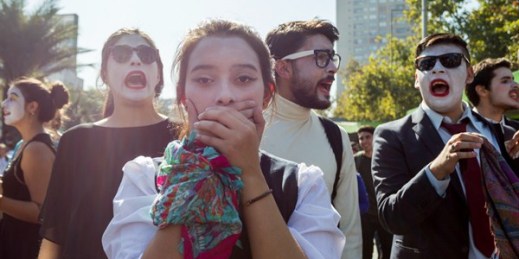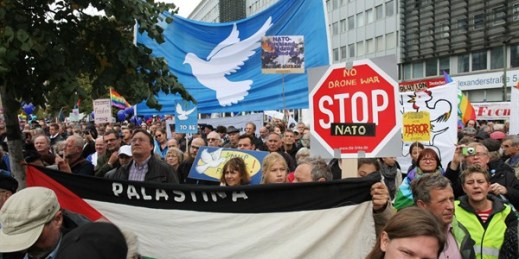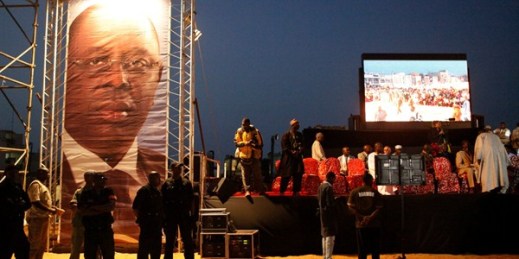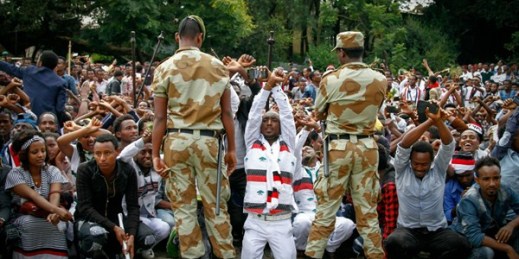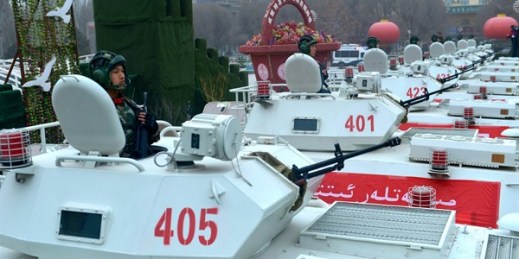
After a steep reduction, piracy seems to be on the rise again off the coast of Somalia, with “five or six” incidents occurring in the past two months, according to U.S. military officials. These have included the hijacking of a Comoros-flagged tanker that was later released, as well as the seizing of a fishing trawler and the brief boarding of a cargo ship. In an email interview, John Steed, regional manager for the Horn of Africa at Oceans Beyond Piracy, explains the recent surge and the factors giving rise to it. WPR: Why has piracy declined off the coast of […]

